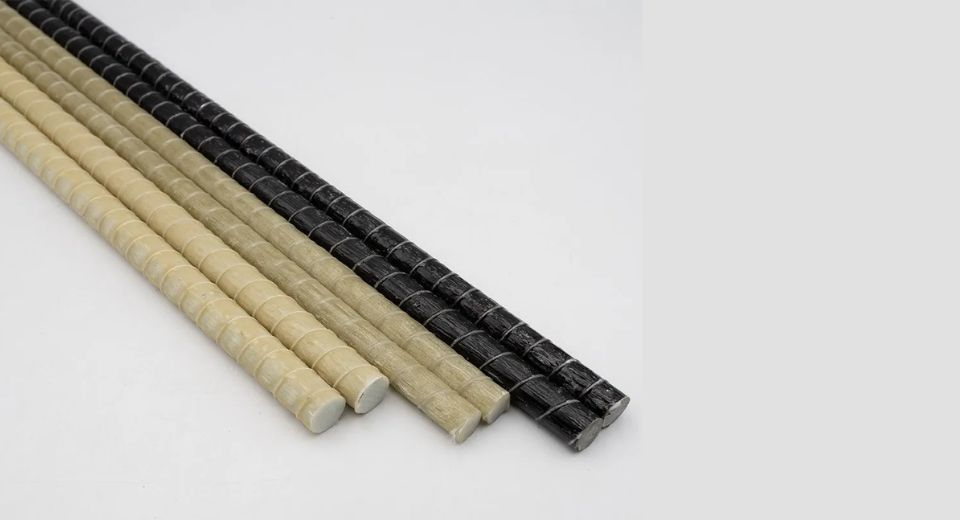
Feb 13, 2025

According to a study published by Metastat Insight, the Global Fiber Reinforced Polymer Rebar market is an emerging market with immense scope, having dynamic presence across several industries. Further application in construction and infrastructure projects will pave the way towards more durable, corrosion-resistant, and more promising alternatives. This is so as more engineers and builders become conscious of long-term benefits associated with fiber-reinforced polymer rebar for reinforcement in comparison to traditional reinforced steel. Also, the need for stronger structural integrity with inexpensive yet sustainable solutions has propelled this material in many projects across the globe.
Global Fiber Reinforced Polymer Rebar market is estimated to reach $920.15 million in 2025 with a CAGR of 10.6% from 2025 to 2032.
The manufacturers and developers are refining these manufacturing processes to ensure greater performance efficiency. There is a rising demand for fiber-reinforced polymer rebar since it is lightweight, and easily manageable; hence, its strength does not erode despite the environmental effects. Governments and the private sector still invest substantially in infrastructure. Fibre reinforced polymer rebar has become highly applied in the design of bridges, highways, marine structures, and high-rise buildings to offer much longer durations with minimal maintenance.
The trend of corrosion-resistant alternatives has become more pronounced in areas where extreme weather conditions threaten the conventional construction material. Coastal infrastructure countries are most likely to take up this material to counter the negative effects of saltwater exposure. In seismically active areas, the benefits of fiber-reinforced polymer rebar are also appreciated for their ability to provide flexibility and resilience to structures, making catastrophic structural failure less likely. Such factors contributed to a dynamic market, where innovations have to play a vital role in formulating its future.
Technology also enhances the features and uses of fiber-reinforced polymer rebar, creating more attractiveness within different industries. Tensile strength, resistance to fire, and durability of the product will be enhanced and improved through a lot of research and development into modern engineering requirements. As organizations are keen to reduce their carbon footprint, their interest in developing sustainable construction material has increased considerably, and as such, it makes fiber-reinforced polymer rebar the alternative choice suitable for environmental use.
Involvement of regulatory agencies through quality standards and safety measures has further played a role in this market dynamics. Strict regulations have influenced the manufacturers to invest in high-quality production techniques that would make the fiber-reinforced polymer rebar meet the standards required for widespread use. This kind of regulation complemented by increasing endorsements from construction gurus have enhanced confidence in this material as one with long-term prospects.
Also included in the way this market continues to evolve and grow is based on economic oscillations and pressure on supply chain. Fluctuations in price of raw material and logistical inefficiencies may restrain the growth tempo, but a continuous stream of innovation in process technology aims at overcoming these concerns. With their quest for increasing resource efficiency to minimize dependence upon conventional reinforcement strategies, fiberreinforced polymer rebar only continues to form a strategic tool.
The future outlook in the Global Fiber Reinforced Polymer Rebar market remains promising through continuous research and new, improved material performance. Therefore, the study presented by Metastat Insight puts into perspective the significance of this material in modern infrastructure and its role in shaping resilient and sustainable construction practices. As global development accelerates, it will make integration of fiber-reinforced polymer rebar in diverse engineering projects expand and solidify its place as one of the essential components in the execution of modern construction methodologies.
Drop us an email at:
Call us on:
+1 214 613 5758
+91 73850 57479